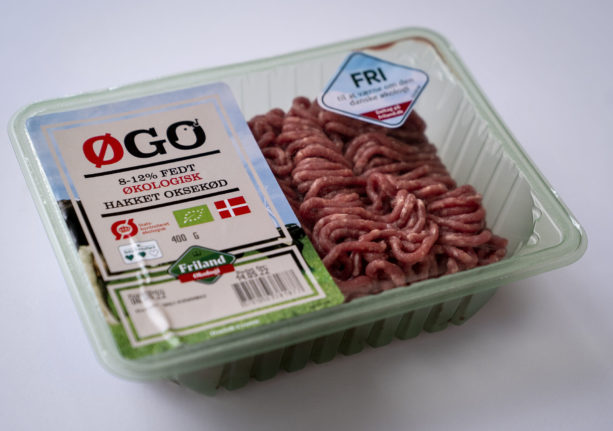Why is Denmark introducing an emissions tax on agriculture?
The government has announced an agreement with interest organisations for both agriculture and nature conservation, which is likely to see the introduction of a world-first CO2 emissions tax on farming.
The agreement, which has been months in the making, would make Denmark the first country in the world to impose an emissions tax on its agriculture sector.
Various groups have agreed that the agriculture industry will, from 2030, pay a tax of 300 kroner per ton on its CO2 emissions. The tax will rise to 750 kroner in 2035.
A Danish CO2 agriculture tax has long been the goal of the coalition government but has faced resistance from farmers and from some opposition parties, as well as from interest organisations for the sector.
With the agreement, Denmark can meet its target of a 70 percent reduction in emissions by 2030, Tax Minister Jeppe Bruus said at the briefing.
“This is the last political agreement needed for us to reach our 70 percent target in 2030. It’s a landmark,” he said.
A combination of a tax on livestock, reduction of fertiliser use, reforestation and extraction of carbon-rich low-lying soils will reduce emissions, the government says.
Its implementation is likely but not certain: Parliament has begun its summer recess, meaning the government, which has a wafer-thin majority, must wait until autumn to table the necessary bill to pass the agreement into law. It is expected to try to persuade opposition parties to back the deal to give it a stronger majority.
READ ALSO: Denmark announces agreement on landmark CO2 tax for agriculture
Will it affect the price of meat?
The short answer is ‘yes’, going by comments given by Minister for Economic Affairs Stephanie Lose to national broadcaster DR.
A price rise of 1 krone per packet of minced beef can be expected as a consequence of the agreement, Lose said.
That comes despite Prime Minister Mette Frederiksen saying during the 2022 general election campaign – when the CO2 tax was a prominent topic – that Danes should not pay extra for their shopping as a result of such a tax.
“A single mother with three children who play football makes spaghetti bolognese. I don’t want to place extra taxes on what I consider completely normal food products,” Frederiksen said at the time.
Lose said she was aware of the PM’s comments from two years ago but that the cost increase was a small price to pay for the landmark deal.
“In 2030, a packet of minced beef will cost 1 krone more for 500 grams in the supermarket,” the minister said to DR.
“I think that 1 krone reflects that we are now taking some huge decisions that will make a difference for Danish climate, for our nature and for our aquatic environments,” she said.
She also referred to tax cuts implemented by the current government which gave “completely normal Danes more cash in hand”.



 Please whitelist us to continue reading.
Please whitelist us to continue reading.
Member comments